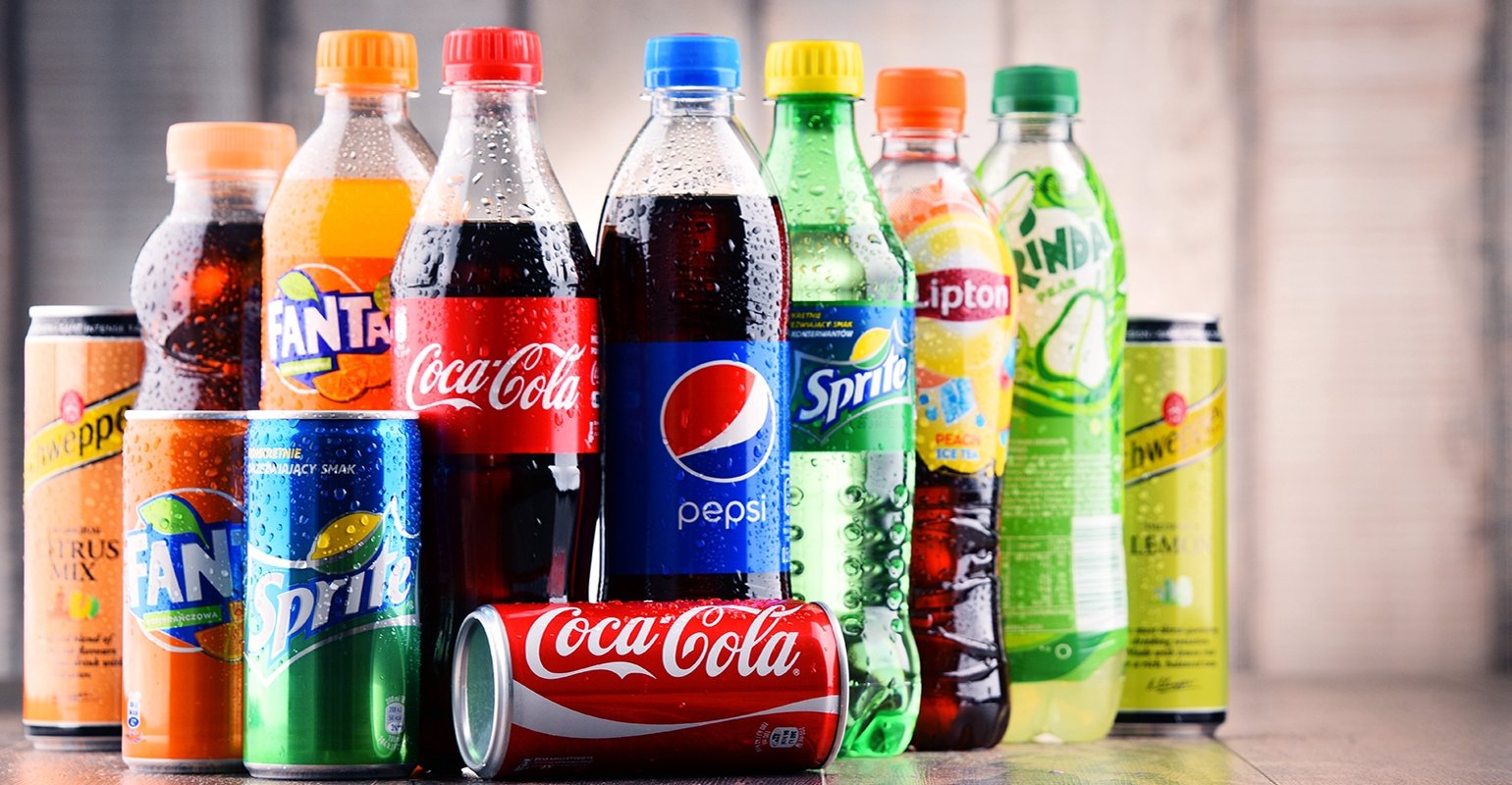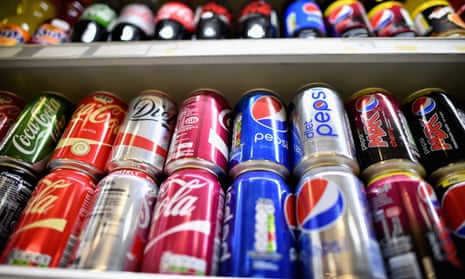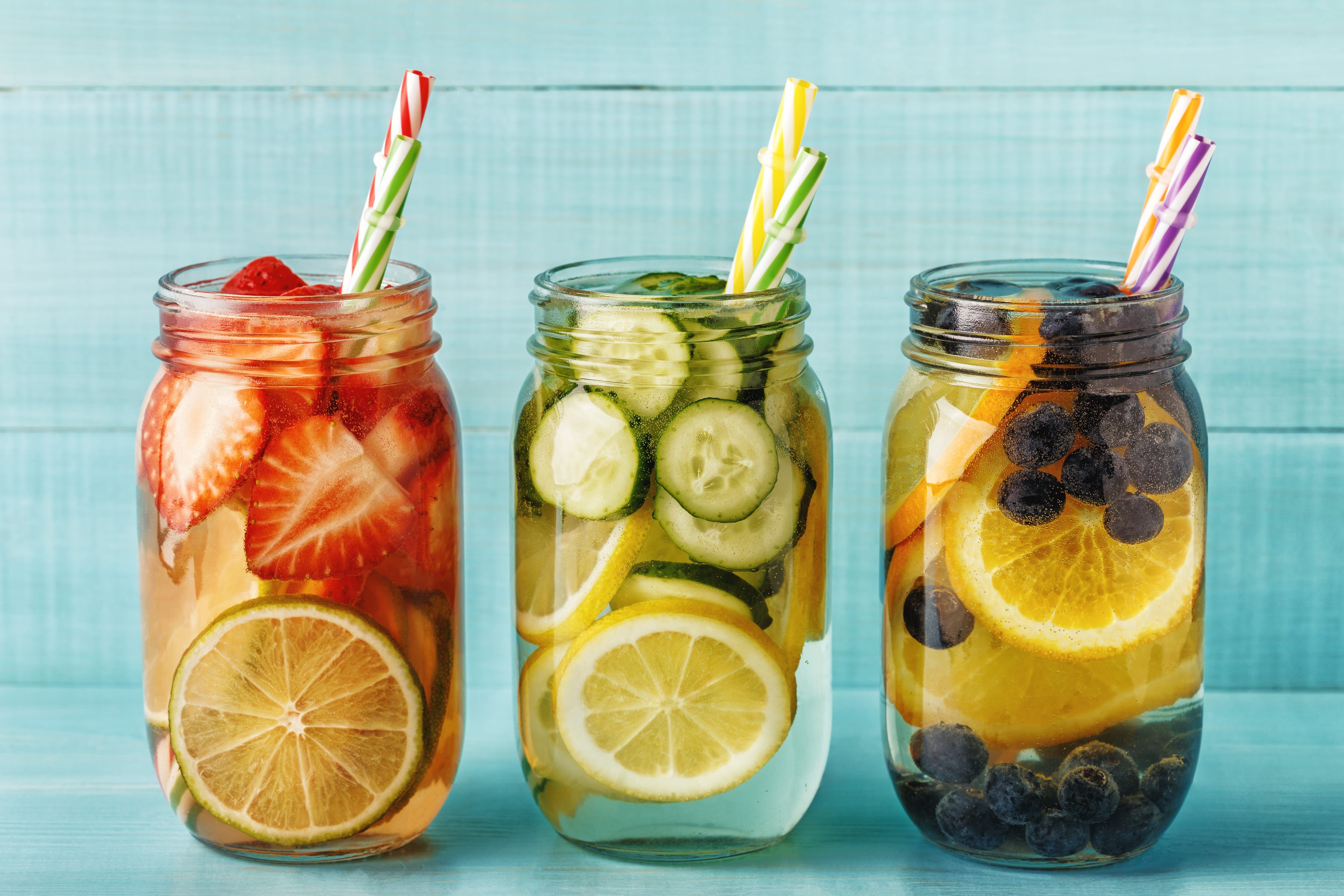
How Beverage Consumption Is a Bigger Factor in Weight Loss Than You Think

How Beverage Consumption Is a Bigger Factor in Weight Loss Than You Think
Introduction
When people think about weight loss, they usually focus on diet, portion control, and exercise. While these elements are undeniably important, one of the most overlooked factors is what you drink. Beverages, especially sugary drinks, alcohol, and some store-bought “healthy” options, can dramatically affect your calorie intake, metabolism, and fat storage.
Many individuals unknowingly consume hundreds of extra calories daily through beverages alone. Unlike solid foods, liquid calories do not create the same feeling of fullness, which means they can increase overall calorie consumption without any noticeable satiety.
At Midas Wellness Hub, we emphasize a functional medicine approach to weight loss. This method addresses underlying causes that may impede your progress, including metabolic function, gut health, hormonal balance, and nutrient deficiencies. Combined with mindful beverage choices and a tailored diet, functional medicine can accelerate weight loss and help maintain long-term results.
The Hidden Calories in Beverages
:max_bytes(150000):strip_icc()/GettyImages-1091469178-57b82bf41fb14d20920e04d831f30d69.jpg)
One of the reasons beverages are a “silent saboteur” in weight loss is that liquid calories are easy to overlook. Consider the following examples:
- A standard soda can contain 150–200 calories, with almost no nutritional value.
- A flavored latte or specialty coffee may contain 250–400 calories, depending on milk and syrups.
- Store-bought fruit juices, even 100% juice, can pack 120–200 calories per cup.
- Alcoholic drinks, such as beer, cocktails, or wine, add calories while slowing fat metabolism.
Unlike solid food, beverages do not trigger the same satiety hormones, which means your brain doesn’t register these calories in the same way. Over time, this can lead to unintentional weight gain, even if you are careful with your meals.
Beverages That Hinder Weight Loss

1. Sugary Drinks
- Sodas, energy drinks, sweetened teas, and flavored coffees are among the largest contributors to excess calories in a diet. The liquid sugar causes spikes in insulin, promoting fat storage, particularly around the abdomen.
2. Alcohol
- Alcohol is calorie-dense, with 7 calories per gram, and the body prioritizes metabolizing alcohol over fat. Drinking regularly can slow fat loss and increase cravings for high-calorie foods.
3. Smoothies and Milkshakes
- Even seemingly healthy smoothies can contain hidden sugars and fats, especially if store-bought or café-prepared. These beverages can unintentionally double your daily calorie intake if not monitored.
4. Diet Drinks
- Although sugar-free sodas contain no calories, some research suggests they may increase appetite and cravings later, potentially leading to overconsumption of food.
Beverages That Support Weight Loss

1. Water
Water is essential for hydration, metabolism, and digestion. Drinking adequate water:
- Helps reduce hunger and prevents overeating
- Supports fat metabolism
- Aids in the removal of toxins from the body
- Cold water may slightly increase calorie burning as the body warms it to core temperature.
2. Green Tea
- Green tea contains antioxidants called catechins, which may:
- Support fat metabolism
- Improve energy expenditure
- Aid in abdominal fat reduction
3. Black Coffee
- Coffee can boost energy and temporarily enhance metabolism. However, it’s essential to avoid added sugars and high-calorie creamers to maintain its weight-loss benefits.
4. Herbal Teas & Infused Water
- Herbal teas such as ginger, chamomile, or peppermint, and infused waters with lemon, cucumber, or herbs, provide hydration and mild appetite control without added calories.
How Functional Medicine Supports Weight Loss

Functional medicine focuses on addressing root causes rather than just symptoms. When applied to weight loss, it examines factors such as metabolic function, hormonal balance, gut health, and nutrient deficiencies.
Personalized Diet Plans
Instead of a one-size-fits-all diet, functional medicine evaluates:
- Blood work and metabolic markers
- Hormonal levels and insulin sensitivity
- Nutritional deficiencies and absorption issues
This information helps design a customized diet plan that balances macronutrients, optimizes vitamins and minerals, and addresses inflammation.
Gut Health
Gut health plays a crucial role in weight management. Imbalances in the microbiome can lead to:
- Increased cravings for sugar and processed foods
- Slower metabolism
- Inflammation that promotes fat storage
- Functional medicine may recommend:
- Prebiotics and probiotics to restore gut balance
- Anti-inflammatory foods to improve digestion
- Tailored supplementation to address deficiencies
Hormonal Support
Hormones such as insulin, cortisol, thyroid hormones, and sex hormones greatly affect fat storage and appetite. Functional medicine strategies include:
- Stabilizing blood sugar to prevent fat accumulation
- Supporting thyroid function for better metabolism
- Managing cortisol levels to reduce stress-related weight gain
Lifestyle Integration
Functional medicine also addresses sleep, stress, and exercise, which are key components of sustainable weight loss:
- Quality sleep supports hormone regulation and reduces hunger
- Stress management prevents cortisol-driven fat storage
- Tailored exercise programs maximize fat loss while preserving muscle
Diet Strategies That Enhance Beverage Choices
1. Pair Water With Meals – Drinking water before and during meals reduces appetite and prevents overeating.
2. Swap Sugary Drinks for Herbal or Infused Water – This simple change can cut hundreds of calories per week.
3. Include Protein-Rich Snacks – Protein increases satiety, reducing cravings for sugary beverages.
4. Monitor Alcohol Intake – Limit to occasional consumption and choose lower-calorie options when possible.
5. Track Liquid Calories – Keep a log to ensure that beverages don’t offset your dietary plan.
Tips for Mindful Beverage Consumption
- Read labels carefully to identify hidden sugars and calories
- Avoid drinking calories mindlessly while working or watching TV
- Make hydration a habit by keeping a water bottle accessible
- Include metabolism-boosting beverages like green tea or black coffee in the morning
- Use sparkling water with fruit as a healthy alternative to soda
Common Myths About Beverages and Weight Loss
Myth: Diet sodas are completely harmless
Fact: They may increase cravings and impact appetite regulation.
Myth: Fruit juices are always healthy
Fact: Juice is often high in sugar and lacks fiber, leading to rapid blood sugar spikes.
Myth: Coffee slows weight loss
Fact: Black coffee can boost metabolism if consumed in moderation and without sugar or creamers.
Conclusion
While diet and exercise remain essential for weight loss, beverage consumption is often a bigger factor than people realize. Hidden calories from sugary drinks, alcohol, and high-calorie “healthy” beverages can sabotage progress, while water, green tea, herbal teas, and black coffee can support metabolism, reduce cravings, and aid in fat loss.
A functional medicine approach helps identify the root causes that may hinder weight loss, including hormonal imbalances, gut health issues, and nutrient deficiencies. Combined with a personalized diet and mindful beverage choices, it provides a comprehensive, sustainable solution for achieving and maintaining a healthy weight.
By paying attention to both what you eat and drink, you can make simple, effective changes that accelerate weight loss, improve overall health, and set the foundation for long-term wellness.
At Midas Wellness Hub, we guide our clients to adopt a holistic approach, addressing both diet and beverages through functional medicine strategies, for results that are not only visible but sustainable.
